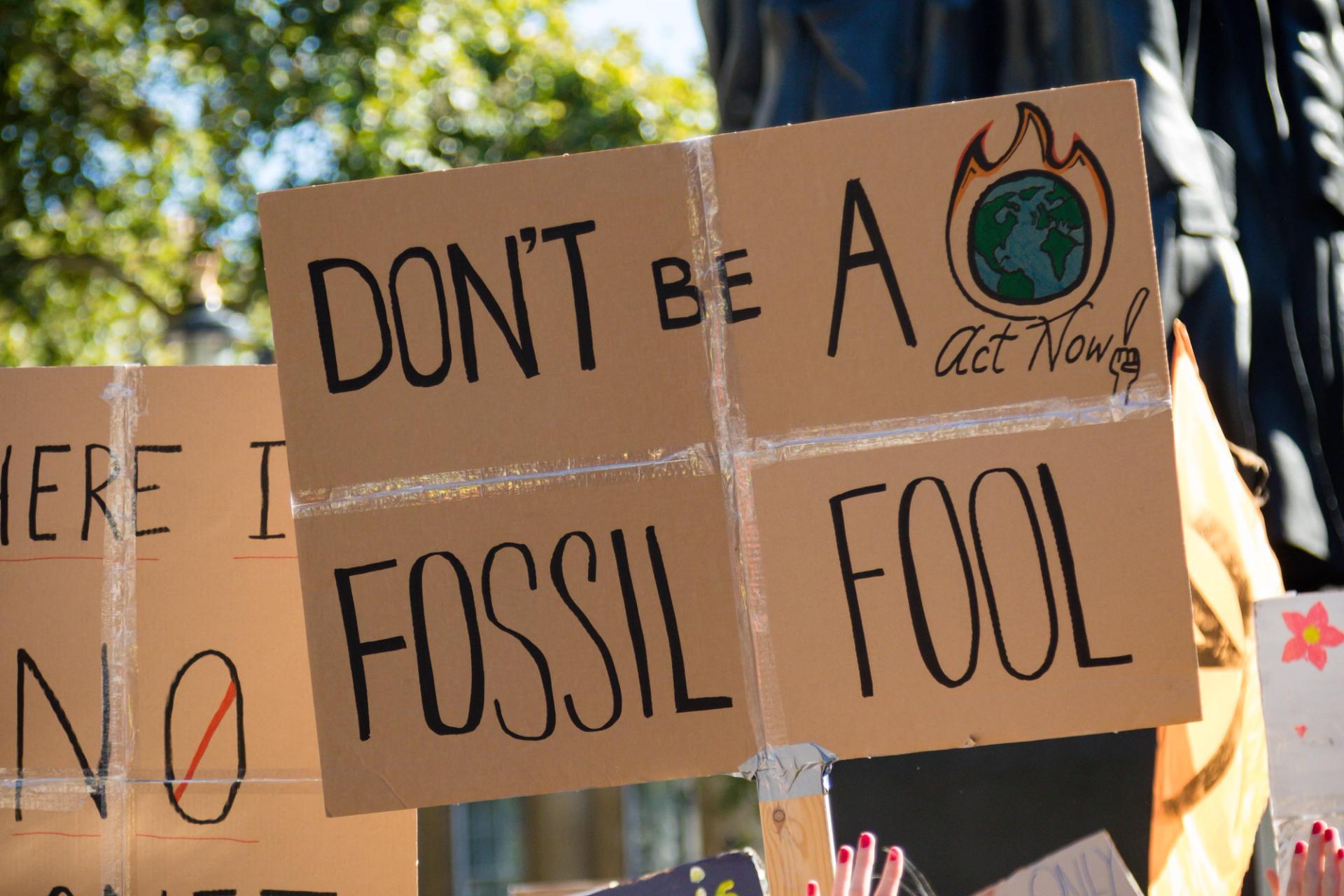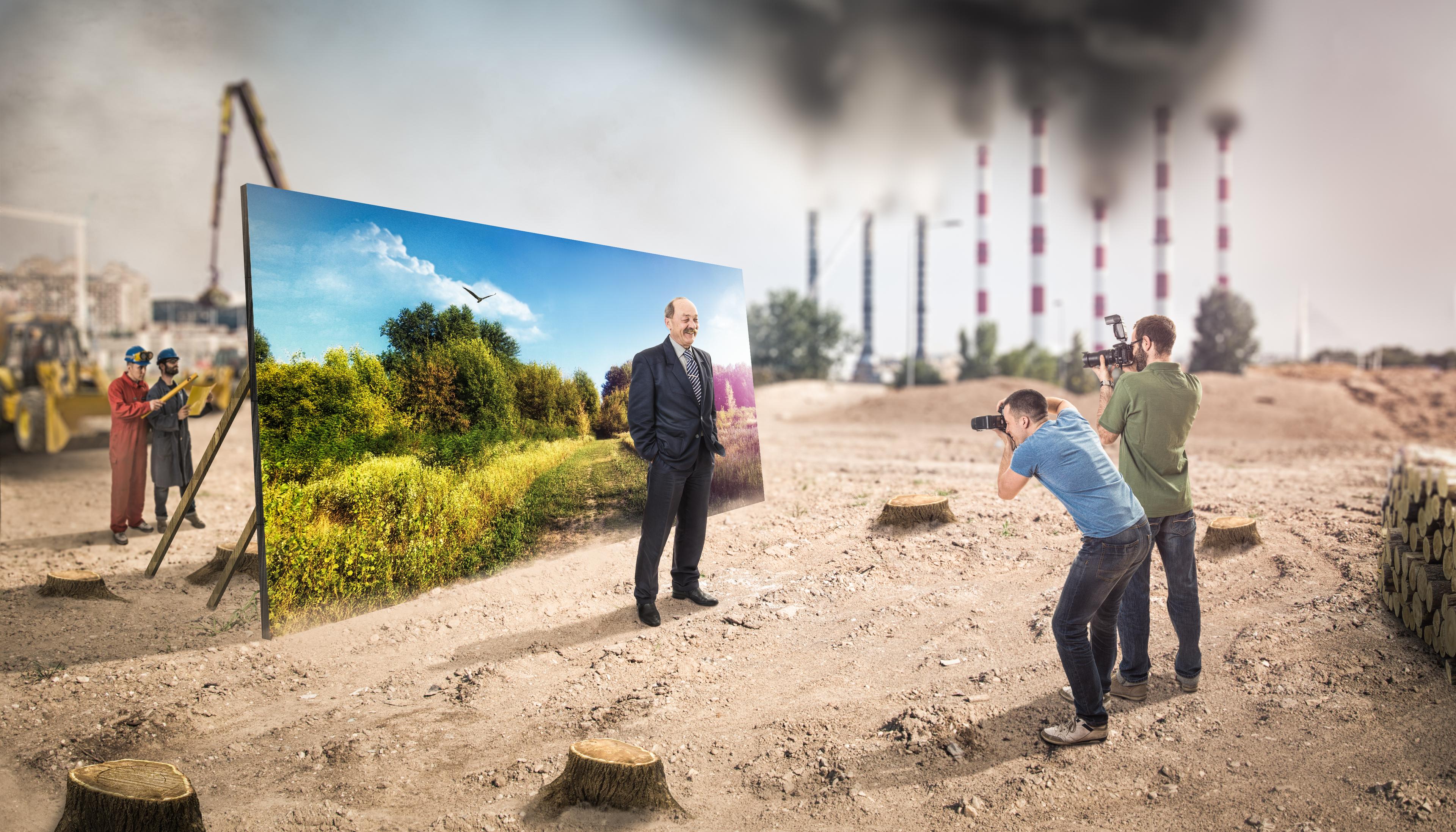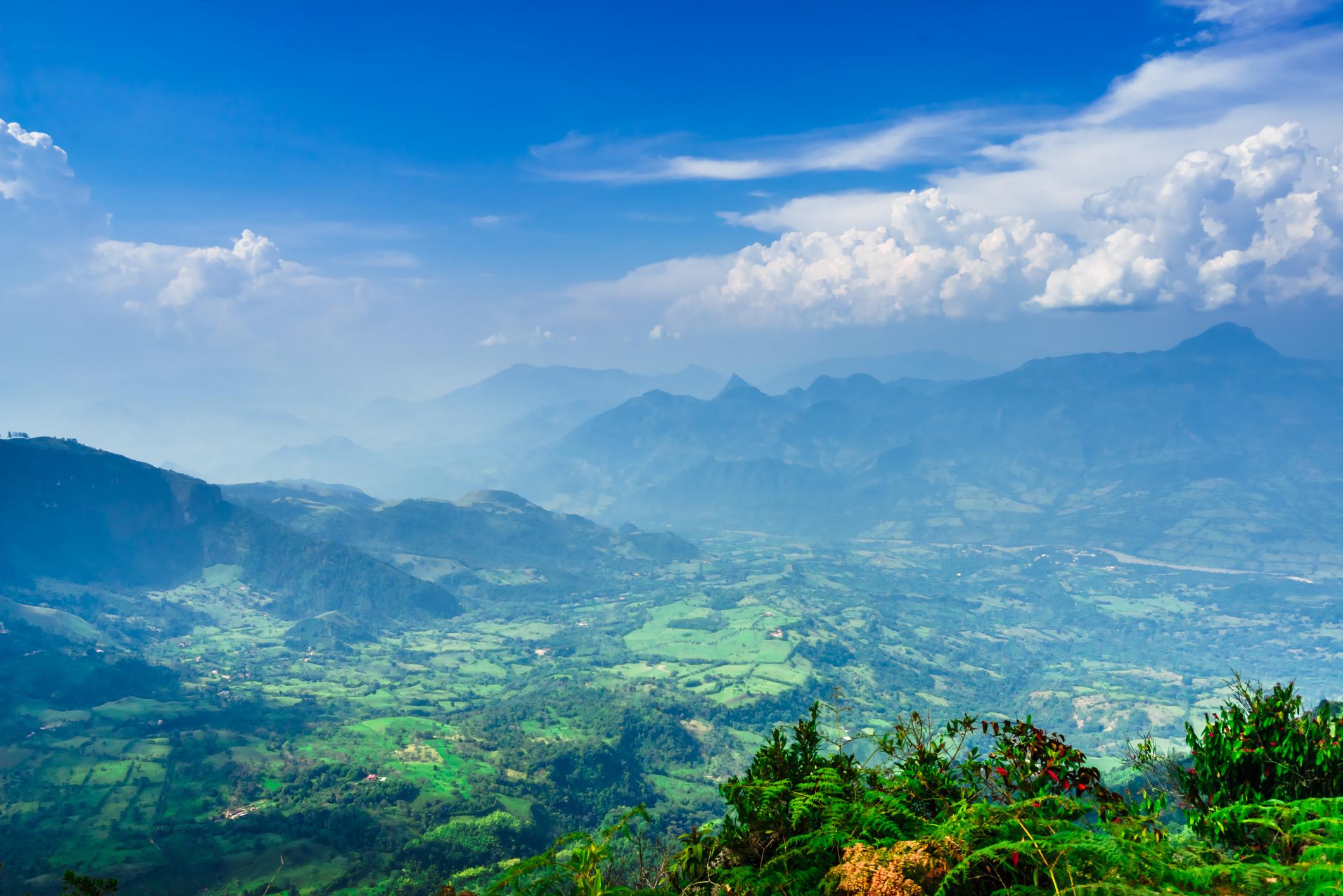Blog
Let’s face it, COP28 is corrupt – but no more so than previous ones

On 27 November 2023, the story broke that the United Arab Emirates (UAE) planned to use the presidency of COP28 to make oil and gas deals. The story, based on leaked briefing documents, shows that the UAE plans to discuss fossil fuel deals with 15 nations during the COP summit. The UAE have not denied the planned meetings, responding with the defence that “private meetings are private”. You don‘t need to be an anti-corruption researcher to recognise that this story sounds like a case of conflict of interests.
The choice of the UAE as COP hosts raised a number of eyebrows in the western world. Well-meaning climate activists question how one of the world’s largest producers of fossil fuels could play host to the global effort to address climate change.
I agree that the UAE’s role is absurd. But no less absurd than the UK hosting COP26 or Qatar hosting COP18. The influence of international fossil fuel industries on climate change efforts has been huge and it needs to stop now if we are to meet our climate goals.
Inconvenient truths
We are facing an existential threat from climate change and all reasonable evidence demonstrates that we are not working hard enough or fast enough to reverse the worst impacts. The UNEP Production Gap report, published in November 2023, shows that the major fossil fuel producing countries have already signed off future plans that will see the world burst through the 1.5°C and the 2°C targets. Evidence released last week (20 November 2023) shows that current rates of fossil fuel usage will mean at least a 3°C increase by the end of the century.
According to a 2021 study by Pew Research Centre, 52% of people surveyed doubt that international efforts will successfully reduce the effects of climate change (in a study of 17 nations).
So why do people doubt that international efforts will have an impact? And why do we keep producing fossil fuels that we know will have a catastrophic impact on human life?
The answers to these questions are complicated. Part of the answer is the cold fact that reducing global warming is not as profitable as continuing with fossil fuels. Oil and gas investments give returns of 15–20%; renewables yield a maximum of 8%. A report in Nature earlier in 2023 shows how soaring oil profits dwarf green-energy investments. Channel 4 (UK) also reported last year that oil companies’ investments in renewables are a fraction of their investments in new oil and gas projects. So long as our global economy is driven by profit maximisation alone, we will fail to reduce global warming.
If profit maximisation is the name of the game, then corruption is one of the rules. Many were already critical of the appointment of Dr Sultan Al Jaber as president of COP28, considering he was also head of the UAE’s state oil company. Such a conflict of interest is clear for all to see, and the fact that he plans to use his time as COP president to do oil and gas deals makes this conflict all the more transparent. The UAE climate team’s response – that “private meetings are private” – is just an indication of how pervasive corruption is.
“Private meetings are private”
What does this mean, actually? That because they are private, they will not affect the public meetings at COP? Or that because they are private they are immune from scrutiny? So much of the world’s energy business is done in private and yet it has untold consequences on the global population. Indeed, some say that if we don’t get to grips with the climate crisis it could lead to the extinction of humans (see also Kemp, Xiu, Depledge and Lenton 2022).
There seems to be neither transparency nor accountability in the actions of major fossil fuel producers. The idea that there is a clear demarcation between the public and private spheres of life is becoming increasingly laughable. How far do we allow private interests to conflict with public interests before we take action?
The idea predominant in neoliberal theory – that there is no common interest, only individual interests that form into an array of ‘interest groups‘ – seems to make little sense in the face of the climate crisis. If there is any common interest that everyone on earth can surely agree to, it must be life. Yet, the private interests of fossil fuel producers and their investors, in their pursuit of profit, are running roughshod over this fundamental common interest.
Dubai versus Glasgow: Is there a difference?
A lot of western media outlets have asked how the UAE could possibly host a climate change conference when they are a major oil and gas producing nation. I agree that this seems questionable, but is it also problematic that COP conferences have been held in European and North American cities: regions that emit large volumes of greenhouse gases and that are primarily responsible for the climate crisis? It’s important we don’t fall into the logical trap of western exceptionalism.
All previous COPs have been sites of conflicts of interest. Leading fossil fuel companies such as Norway’s Equinor lobbied the UK government for sponsorship deals for COP26. A Shell oil executive boasted about how they wrote part of the Paris Agreement. Civil society organisations have often been excluded from previous COPs whereas oil companies have found space at the table. It is such inequality of access to decision makers that sparks criticism of corporate lobbying and the links with corruption, as a U4 paper on climate lobbying and corruption shows.
It seems to me that no matter where the COP is held the private influence of oil and gas interests seriously outweighs broader public interests, whether they are represented by CSOs and people’s movements, or low-lying nations and other countries seriously at risk from the climate crisis. These conflicts of interest are a form of corruption, and they need to be stopped if we are to see credible change to address the climate crisis.
We are failing the world when corruption rules
The truth is, that by allowing the corruption of international climate efforts through the undue influence of global fossil fuel industries in shaping international agreements, we are failing the world. We are allowing private business interests to triumph over the global public interests of a stable and liveable world. We need radical action to address corruption so we can reduce our dependence on fossil fuels and limit the worst effects of the climate crisis.
Disclaimer
All views in this text are the author(s)’, and may differ from the U4 partner agencies’ policies.
This work is licenced under a Creative Commons Attribution-NonCommercial-NoDerivatives 4.0 International licence (CC BY-NC-ND 4.0)

